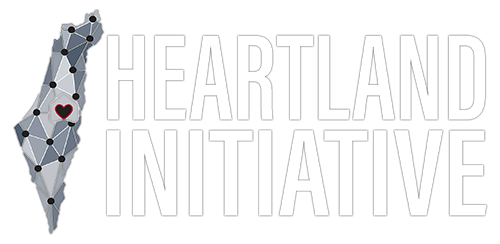Echoes from Ancient Shilo Resound
in Global Indigenous Solidarity and Sustainability
Interviewed from Ancient Shilo, the first capital of the Jewish people following their exodus from Egypt some 3500 years ago, Ateret Violet Shmuel, the Director of the international NGO Indigenous Bridges, elaborates on the deep-seated bond between indigenous communities and their lands. This relationship starkly contrasts with the actions of colonialist empires, which traditionally invaded territories, exploited resources, and neglected the inherent value of the lands they conquered. Shmuel emphasizes the vital need to preserve the indigenous connection to lands for the earth’s survival and supports the struggles of indigenous communities for sovereignty and autonomy.
Shmuel underscores the commitment of Indigenous Bridges to assist indigenous communities in reclaiming their identities, promoting their cultures, and advancing their rights. She draws attention to the ongoing challenges many indigenous communities face from colonialist empires and outlines the organization’s efforts to help them navigate these struggles. Citing Israel as an example, she describes the successful balance between modern innovation and the preservation of ancestral roots and traditions. Many indigenous communities worldwide, she says, have shown interest in striking a similar balance.
Indigenous Bridges’ work is guided by four primary goals. They aim to provide political support and solidarity, understand and address the needs of the communities they serve, work towards economic development, and build systems of self-sufficiency within these communities. Their focus also lies in agricultural development, where they emphasize food and water sovereignty, and share both traditional wisdom and new innovations. Lastly, the organization values cultural exchange, fostering mutual understanding, friendship, and a spirit of ambassadorship among diverse indigenous communities.
Shmuel highlights the mutual benefits of these exchanges, pointing to Israel’s significant contributions in agricultural and water technology. Indigenous Bridges is particularly keen on bringing Israeli water technology to communities suffering from water shortages or pollution. Conversely, while Israel is at the forefront of technological innovation, Shmuel acknowledges that the country can learn from other indigenous communities about sustainable, long-term agricultural initiatives. The organization upholds an ethos of equality, mutual benefit, and non-exploitation, striving to foster a world that appreciates and respects the value and uniqueness of each indigenous culture.

